Is Philadelphia safe? What you should know
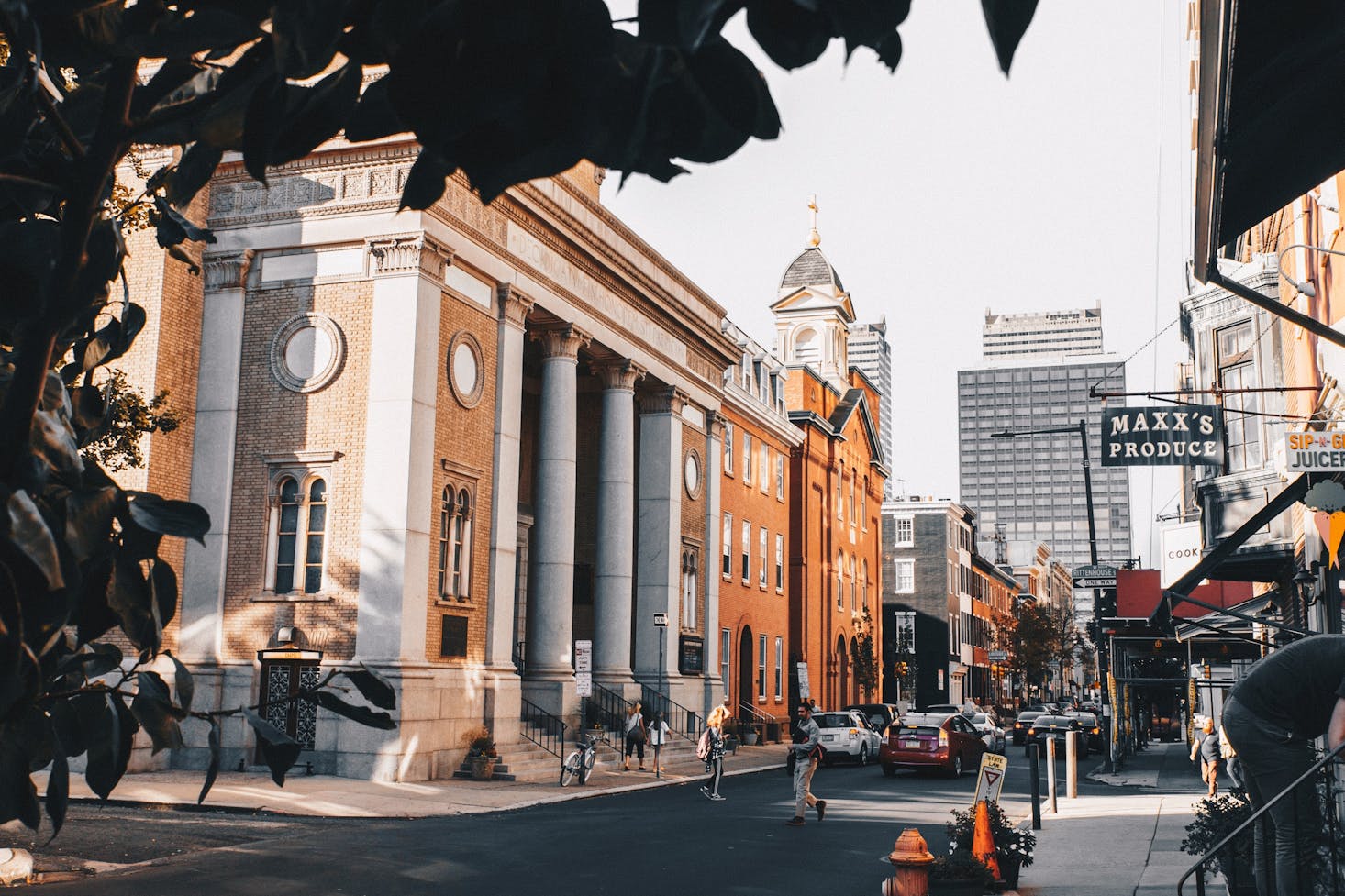
Philadelphia is one of the most historic cities in the whole of the United States. In fact, it wouldn't be hard to make the argument that this is where the United States was born, since this is where the founding fathers first began their revolution against British rule that eventually created the United States of America that we have today.
But Philly is more than just a museum. This university city is a place that keeps reinventing itself, with projects like Center City revitalizing Philadelphia neighborhoods even as they help to raise the average home value to a level many locals struggle to afford.
Violent crime is not common in Philadelphia, and in the safest neighborhoods of the city, including the major tourist areas, you're likely to be perfectly safe. With that said, as in most major cities, crime does happen. North Philadelphia, in particular, has a lot of poverty, and this Philadelphia neighborhood has correspondingly high crime rates. West Philadelphia is also more prone to crime than some other areas. Other regions like Northeast Philadelphia, on the other hand, are quite safe, and you would have to be unlucky to be a victim of violent or property crimes here.
Get $5 off with the Bounce app
Use Bounce to find nearby bag storage in 4,000+ cities worldwide.
Get the app
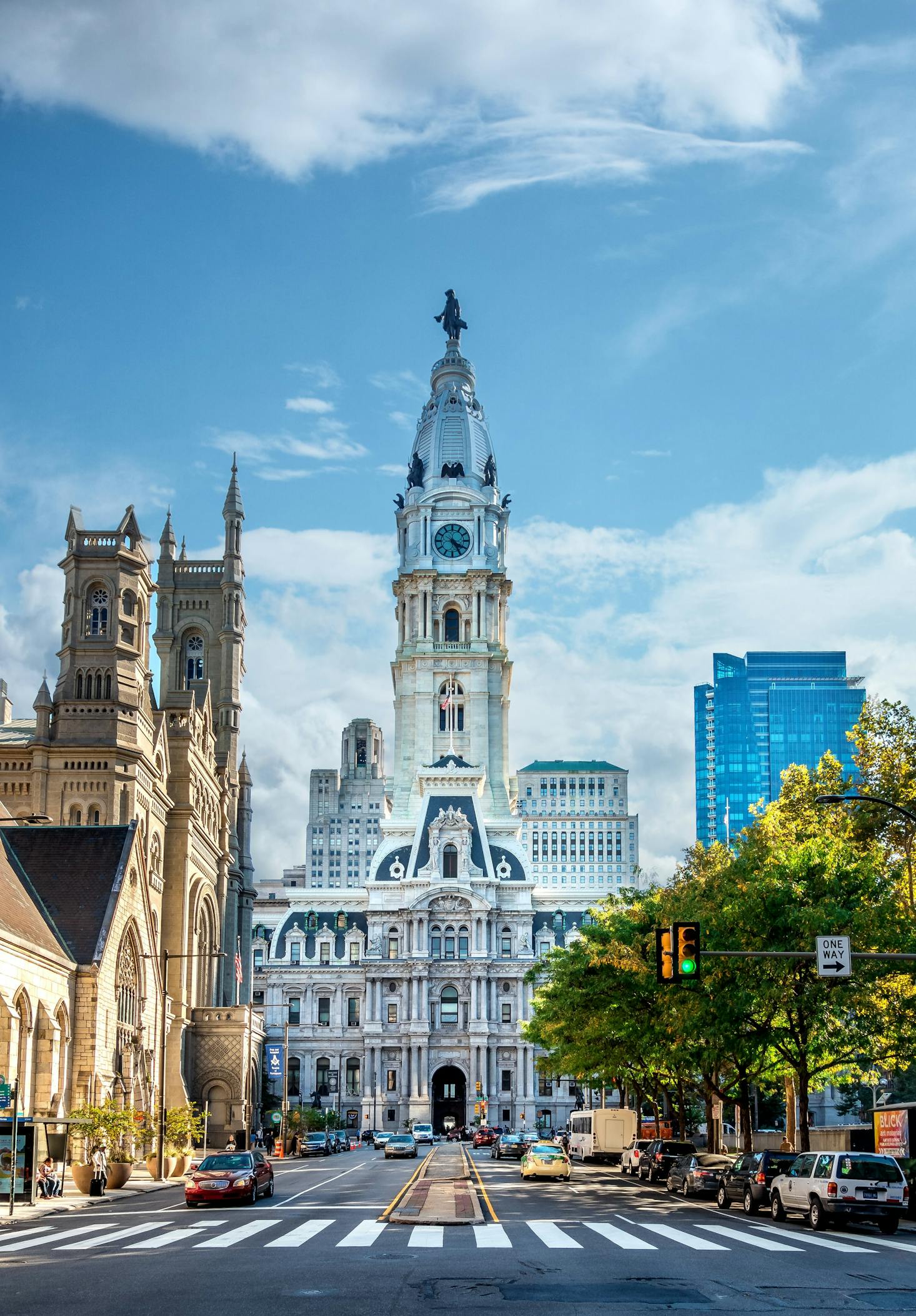
Safety tips to keep in mind during your time in Philadelphia
Whether it’s your first time in Philadelphia or you’re a seasoned traveler, knowing these safety tips will help you navigate the city like a local.
Getting from the airport to the City Center safely
Philadelphia International Airport (PHL) is just a 20-minute drive from Center City.
- Public transit: The SEPTA Regional Rail Airport Line is a reliable and affordable way to get downtown for under $10. Be sure to keep your belongings close and avoid traveling alone late at night.
- Ride-sharing or taxis: Uber and Lyft are widely available. For added safety, confirm your driver’s name and license plate before entering the vehicle. Fortunately, Philadelphia doesn't have a big problem with scam taxi services, so you should feel safe taking advantage of licensed taxi services within the city.
- Shuttle services: Some hotels offer shuttles, which are a convenient option, especially for families. Because the hotels vet their employees, you can feel perfectly safe using these services, but often, they stop running late at night.
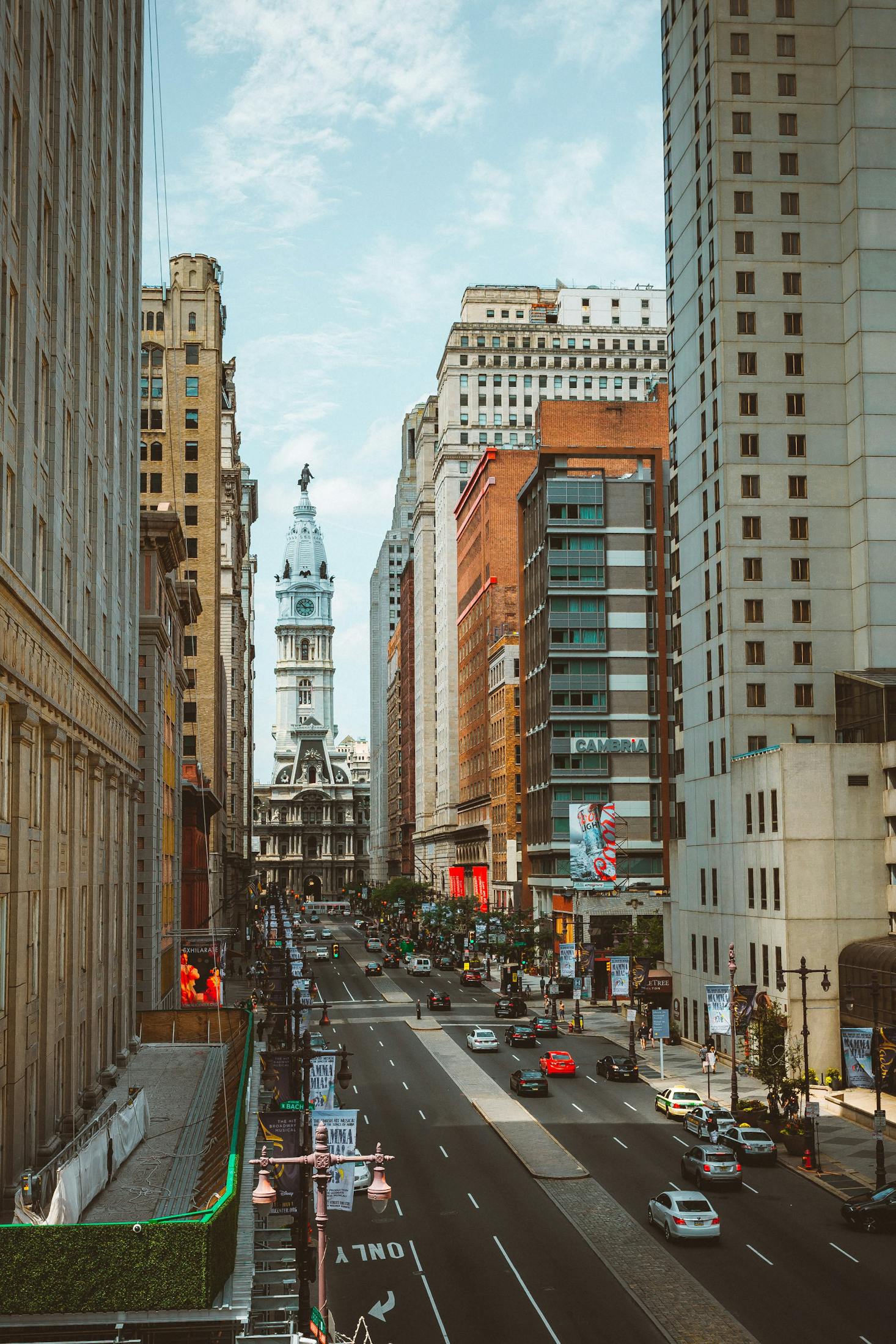
Tips to stay safe when you first arrive in Philadelphia
- Pickpocketing: Busy areas like the Reading Terminal Market or historic landmarks can attract pickpockets. Keep your valuables in a secure bag and avoid flashing expensive items. Like any big city, it's always smart to stay aware of your surroundings, and if something feels wrong, trust your instincts.
- Cultural awareness: While most Philadelphians are friendly, they appreciate politeness. A simple "excuse me" goes a long way in crowded areas.
Is tap water in Philadelphia safe to drink?
Yes, Philadelphia’s tap water meets EPA standards and is safe to drink. Tap water is safe to drink almost everywhere in the US. However, if you’re sensitive to different water tastes, consider carrying a reusable bottle with a filter.
Safe accommodation options in Philadelphia
If you haven’t booked your stay yet, Center City is a great option for safe, central accommodations, full of both tourists and young professionals who aren't looking for trouble. Philadelphia neighborhoods like Rittenhouse Square and Old City are family-friendly and well-lit at night. Budget-conscious travelers can also explore South Philadelphia for affordable and welcoming guesthouses. Southwest Philadelphia may be a more affordable option, but the neighborhood has a mixed reputation. Areas like Clearview are quite safe, while Elmwood Park and Kingsessing are best avoided.
Pro tip: If you arrive before check-in, store your luggage securely with services like Bounce to explore hands-free. We partner with local businesses throughout the city so you can always find a place to leave your things. Plus, we provide coverage for your luggage in case anything does happen, so you can leave anything you don't feel comfortable carrying around the streets with us and know it will be safely looked after until you're ready to pick it up.
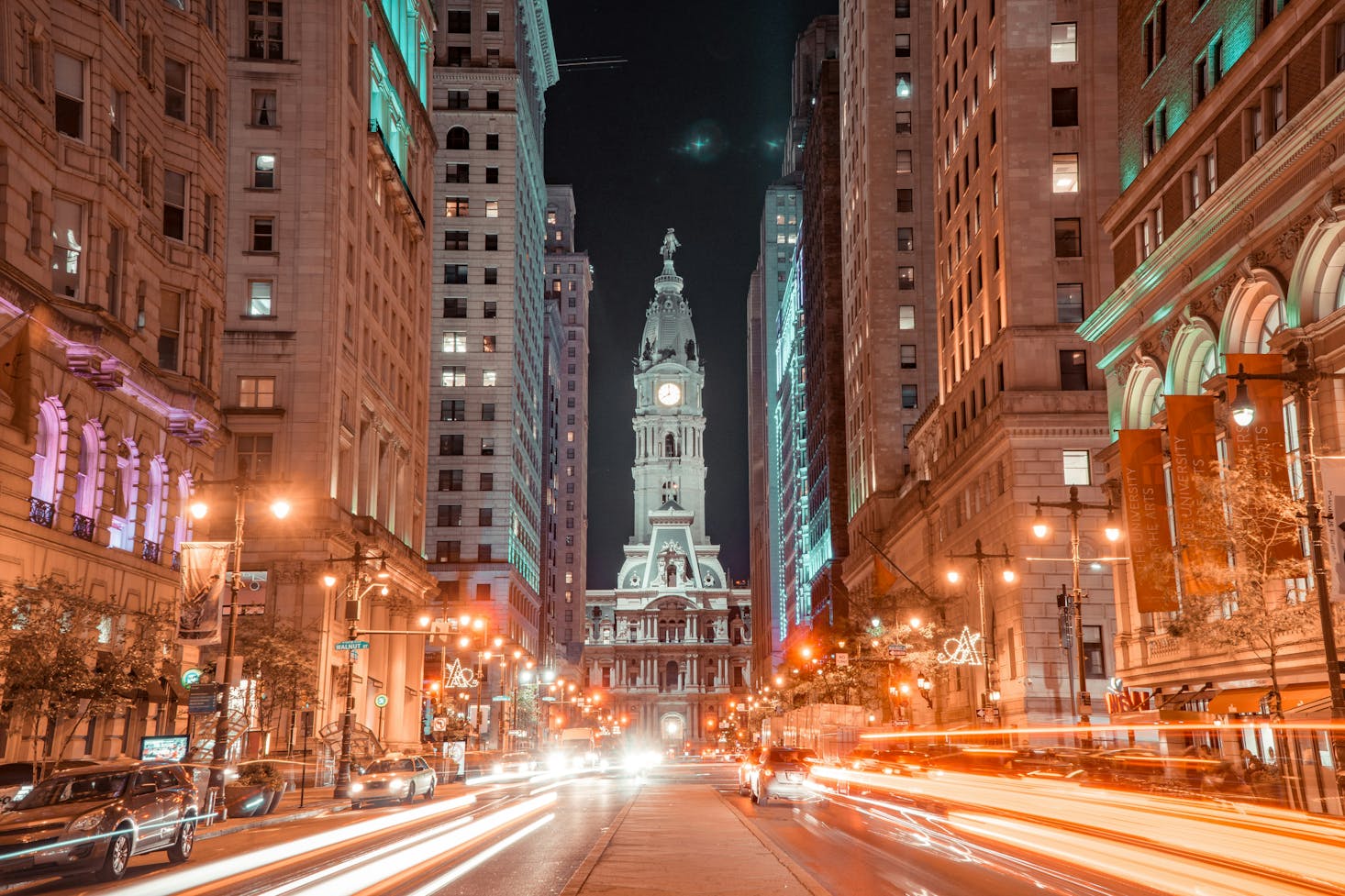
Things to keep an eye out for
Philadelphia’s vibrant culture comes with a few quirks worth noting:
- Etiquette: Always ask before photographing street performers or murals.
- Dress code: Dress casually to blend in, especially when visiting local bars or sporting events. On a night out in one of the higher-end areas of the city, it's fine to dress up, but in areas with more affordable housing, you may not want to draw attention to yourself with designer brands or jewelry.
- Language: English is the primary language in Philadelphia, spoken everywhere. However, Philadelphians are not formal in general, and a friendly “hey” or “what’s up” resonates well with locals.
- Scams: Avoid unlicensed vendors and stick to official ticketing sites for attractions. Most of the crime a visitor is likely to encounter in Philadelphia is based on scams rather than violent crime, so stay alert. If something seems too good to be true, it probably is.
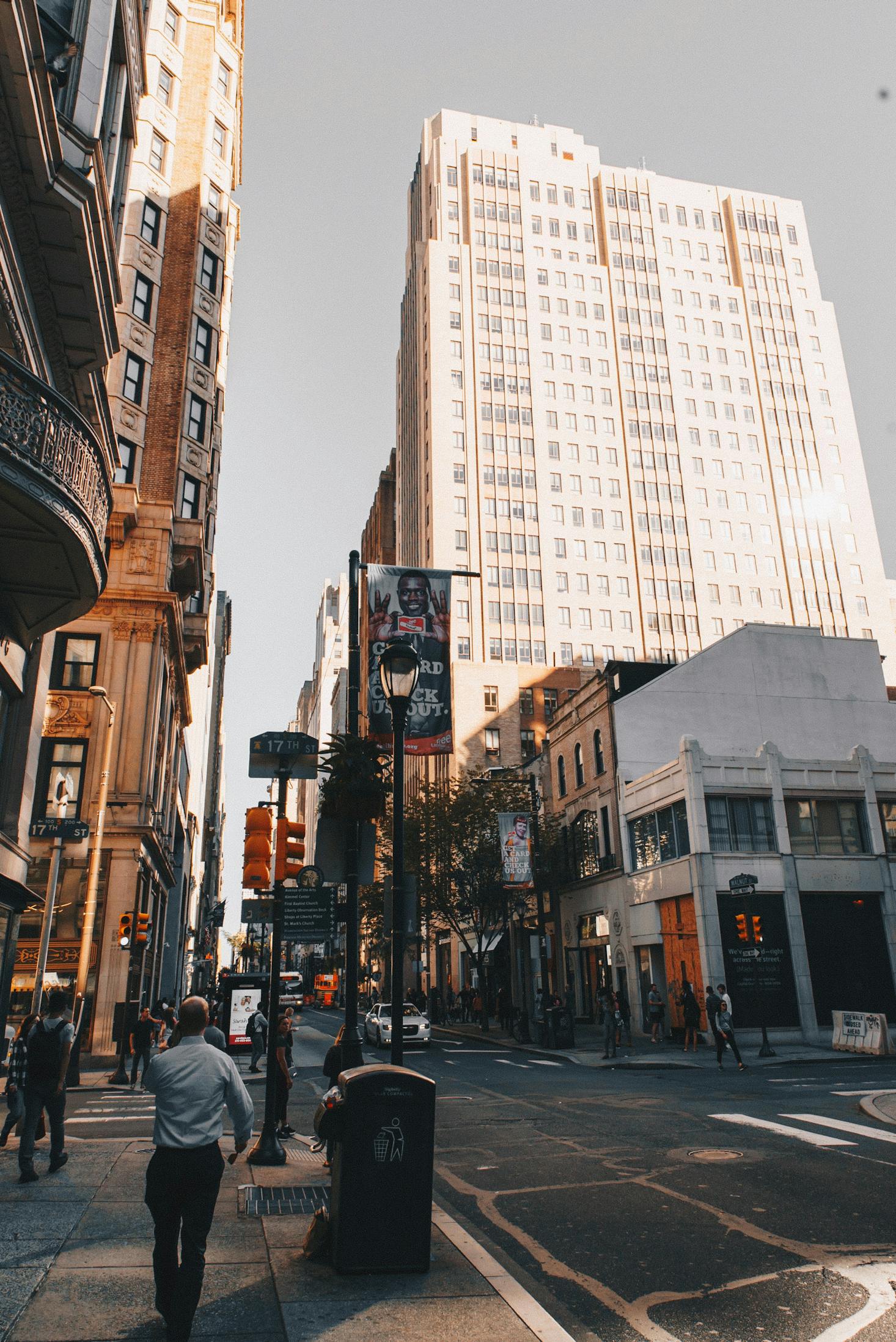
Keeping safe when navigating the city
Philadelphia is a walkable city, but being mindful of your surroundings is key:
- Public Transit: SEPTA buses, trains, and trolleys are safe but avoid empty carriages late at night. Southeastern Pennsylvania transit police are responsible for maintaining safety on the city's public transportation system, and you will see the number advertised in buses and trains throughout the city. If you're really worried, you can always enter it into your phone so that you have it handy: 215-580-8111. You'll also find emergency call boxes in subway stations, and if you see something suspicious but are uncomfortable making a phone call, you can also text a tip to the police anonymously.
- Biking: The Indego Bike Share program is popular, but stick to designated bike lanes and wear a helmet. Philadelphia traffic, like that in any major city, gets busy, so if you're not a confident cyclist, try to stick to quieter times of day for a bike ride.
- Driving: Street parking can be tricky, so opt for secure parking garages if driving. Private garages tend to have extensive CCTV cameras to protect their property but note that most private parking providers refuse responsibility for lost or stolen items, so don't leave anything valuable in your car while parking it.
- Walking: Stick to well-lit, busy streets after dark. The Schuylkill River Trail is beautiful during the day but less frequented at night.
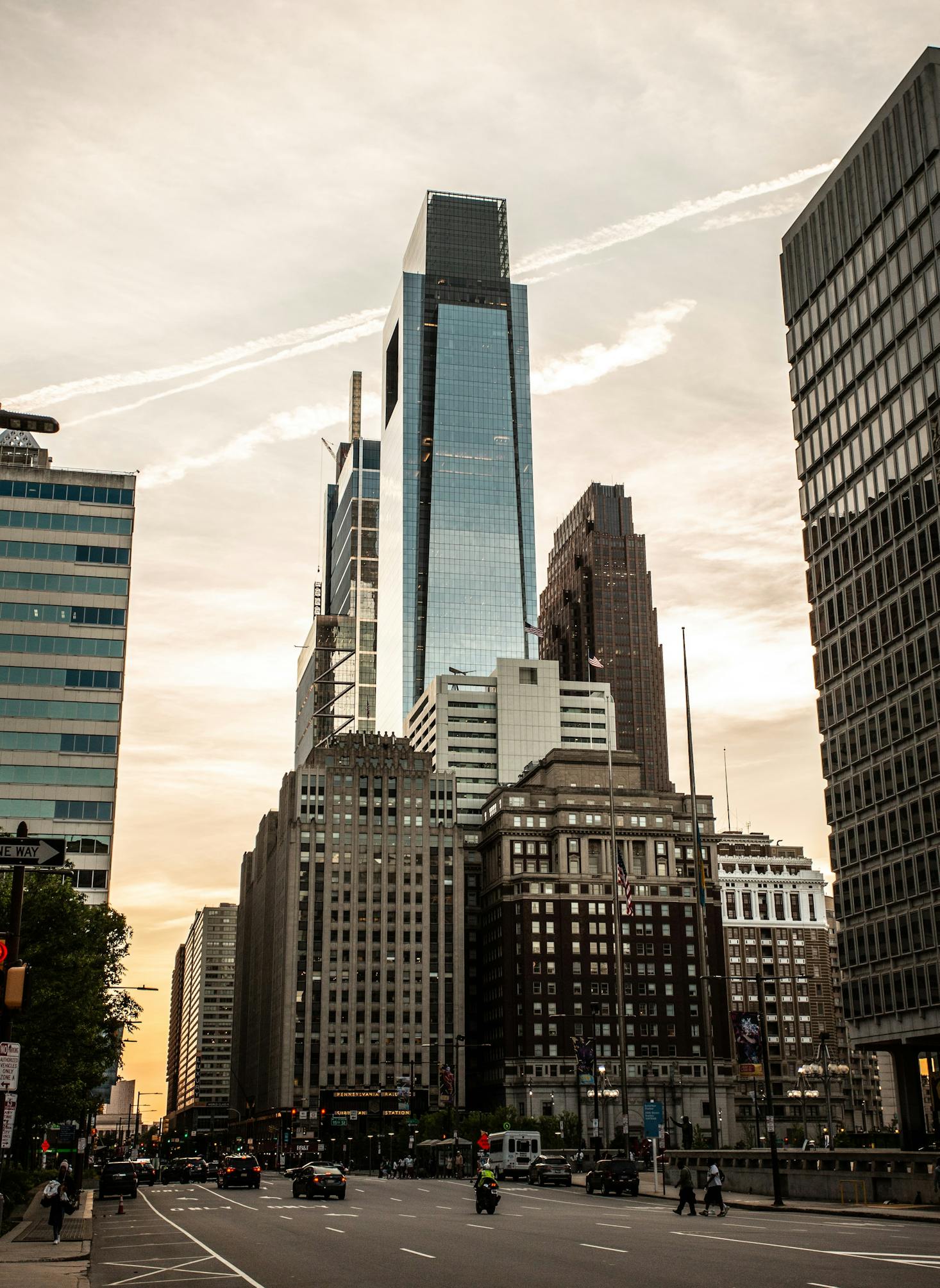
Nature and Philadelphia: Safety tips to keep in mind
Philadelphia boasts beautiful green spaces and outdoor attractions like Fairmount Park and Wissahickon Valley:
- Hiking: Wear sturdy shoes if you’re exploring trails in Wissahickon. Stay on marked paths and bring water.
- Weather: Summers can be humid, so carry sunscreen and hydrate often. Winters may bring icy sidewalks, so walk carefully.
- Wildlife: Be aware of ticks if you’re spending time in grassy areas; use insect repellent as needed. Raccoons are common in the city, and these adorable animals often come out at night and roam the city streets to feed on garbage in residential areas. Although they are cute, it's best not to approach them. Raccoons can carry rabies and give nasty bites if they feel threatened, so if you do see one, admire it from a distance.
Last tips in the case of an emergency
- Emergency numbers: Dial 911 for emergencies. For non-urgent police matters, call 311.
- Healthcare: Philadelphia has excellent hospitals, including the Hospital of the University of Pennsylvania. Travel insurance is recommended for international visitors. Remember that in the United States, healthcare costs are extremely expensive for uninsured people, and if you come from a country that has government-funded healthcare, you may be shocked by the prices you could be asked to pay for any medical treatment, especially if it involves an overnight stay. The US does not recognize government-mandated health insurance from other countries, so you should always have private health insurance while visiting the country.
- Transportation: In minor emergencies, rideshare apps like Uber are often faster and cheaper than calling an ambulance.
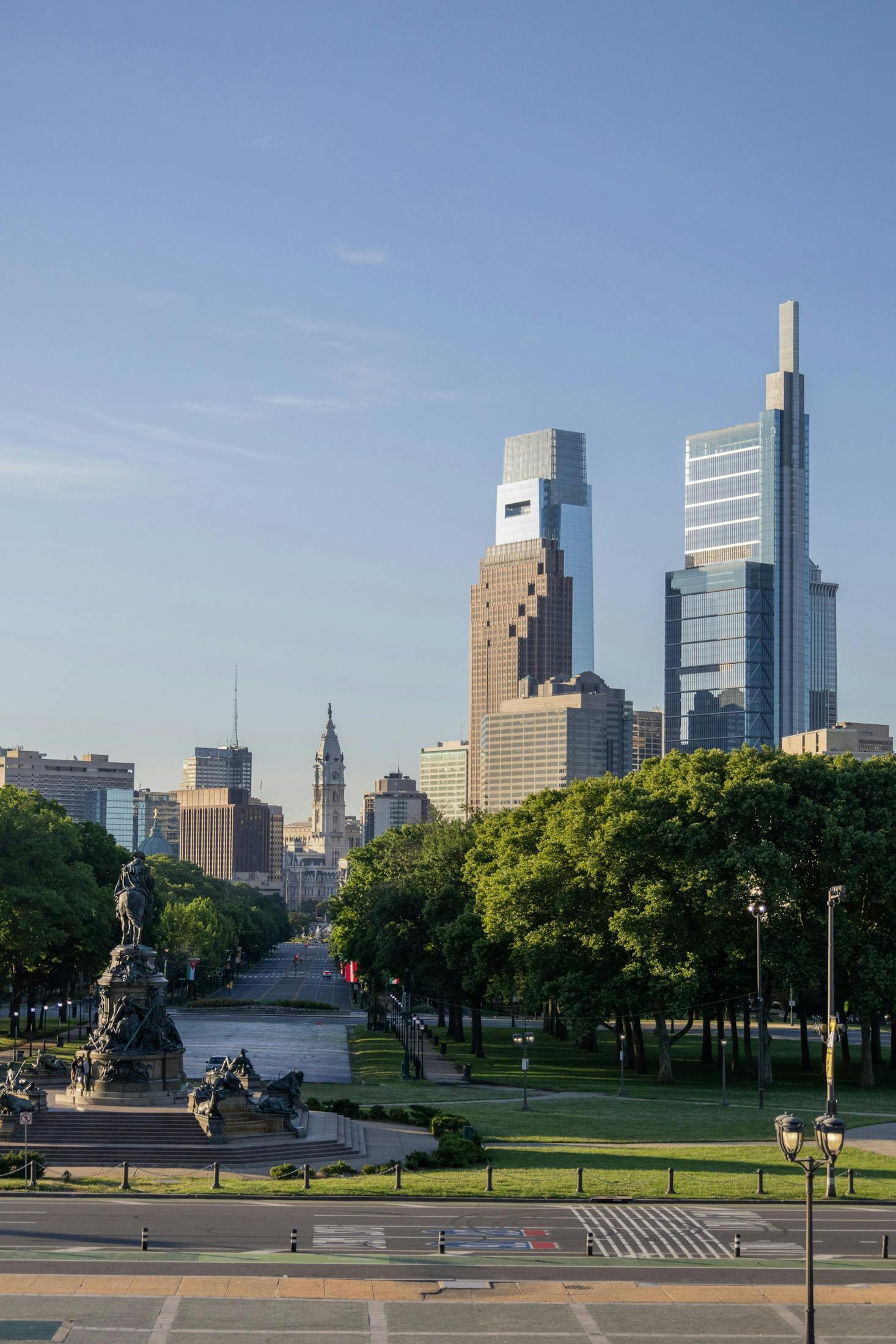
Philadelphia is a lively, historic, and mostly safe city with plenty to explore, from its iconic Liberty Bell to its bustling neighborhoods. There's lots to do here, whether you're into history, animals at the Philadelphia Zoo, great food, lively nightlife, or excellent shopping.
You shouldn't let thoughts of danger put you off. Is Philadelphia safe? Generally, yes. Millions of people visit Philadelphia every year without problems, and if you practice basic precautions like you would in any city, you're very unlikely to become a victim of crime. Safety in Philadelphia means being aware of what's going on around you. Take note of these tips and be careful in the areas you visit, and you'll have a great time in Philadelphia while Bounce looks after your belongings safely until you're ready to pick them up.
Get $5 off with the Bounce app
Use Bounce to find nearby bag storage in 4,000+ cities worldwide.
Get the app
